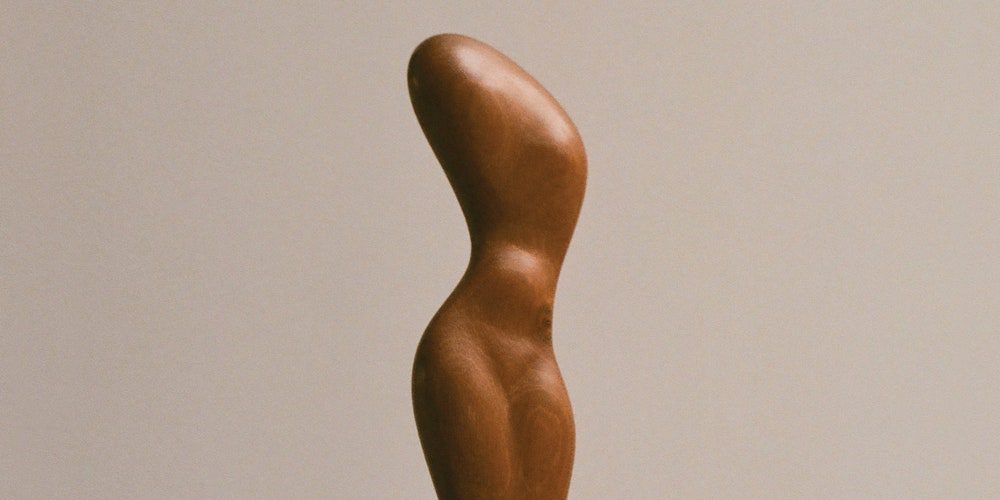
Spencer Zahn has freely lent his talents since relocating to New York in the mid 2000s, touring with artists like Empress Of and Kimbra and contributing to studio albums over a wide sweep of genres. As a devout student of ECM, he’s equally comfortable straddling the rigorous austerity of classical music and the liberatory ethos of spiritual jazz. On last year’s Pigments, a partnership with R&B superstar Dawn Richard, his lush arrangements set the stage for a sprawling drama with Richard as the leading lady. Now Zahn is pulling back the curtain, training the spotlight on himself as he indulges in the music that fascinates him most.
Statues is a double LP, and for each Zahn dials into a different mode. On Statues I, he’s at his most somber and sedate, playing unaccompanied at an upright piano and listening to a selection of his favorite recordings while improvising alongside them. “Lawns” gives the game away most readily; it’s a skeletal interpretation of a classic by the late free jazz legend Carla Bley, borrowing the central melody but slowing the tempo. Zahn loops the phrase like a prayer, as if trying to communicate with Bley’s very spirit. The remaining pieces are originals, but use repetition to similarly lofty effects, as on “Snow Fields”; he taps out a leisurely refrain, turning the dial down to a glacial pace and conjuring the beauty of a still winter day. Some tracks can rely too heavily on these repeated passages, like “Two Cranes” or “Never Seen,” which is rescued by an extended improvisation in the midsection.
The most fascinating parts of Statues I are the moments where Zahn’s expressiveness shines through. His play is lively on “Lullaby for My Dog” and the recording betrays his emotion. His fingers strike the keys, coming down with an audible thud. His seat creaks as he swings from side to side, inviting us to imagine the space he occupies. On the lithe “Sway,” notes hang in the air, reverberating around the room. When the tones drop out, the sounds of Zahn’s shifting frame become perceptible. He’s vulnerable and exposed.
Statues II brings him away from live performance and into the studio. Here he’s iterating on the luxurious production of Pigments, working vignettes from his Yamaha CP-70 electric keyboard into tape loops and sharing them with friends who expanded upon them and gave them to Zahn to reassemble. Opener “Changes in Three Parts,” is an immediate departure from the delicate solo piano of the previous LP, with swirls of horn and piano dancing around one another. A drum pattern creeps in near the end, but it’s not really keeping time; it’s moving with the same fluidity as Zahn’s improvisations.
Even where the composition remains sparse, the music on Statues II feels fully realized thanks to its additional texture. On “Morning,” twinkling tones ring out from Zahn’s keys as pitched percussion dances along like stones skipping across water. Tunings and tempos are carefully tweaked, transforming disparate fragments into something alive and dynamic. “High Touch” ascends to free-floating reverie with a soaring trumpet solo from Spencer Ludwig, channeling the specter of Jon Hassell. Outro “Shadow Setup” is the most varied in its intricate layering, its chorus of synth washes and horn riffs coalescing into a dramatic crescendo. Zahn’s piano remains the fundamental framework throughout, but now each piece is properly refined with structure the acoustic numbers were lacking.
Statues I may feel slight in comparison to the ornate beauty of Statues II, but it’s the rehearsal before the performance, training your ear for Zahn’s compositional ideas. Statues II builds upon that foundation, imbuing the emotional core of the music with movement and vibrancy. Zahn shows restraint, then lets loose—and it’s a joy to watch him build up to that confident climax.
